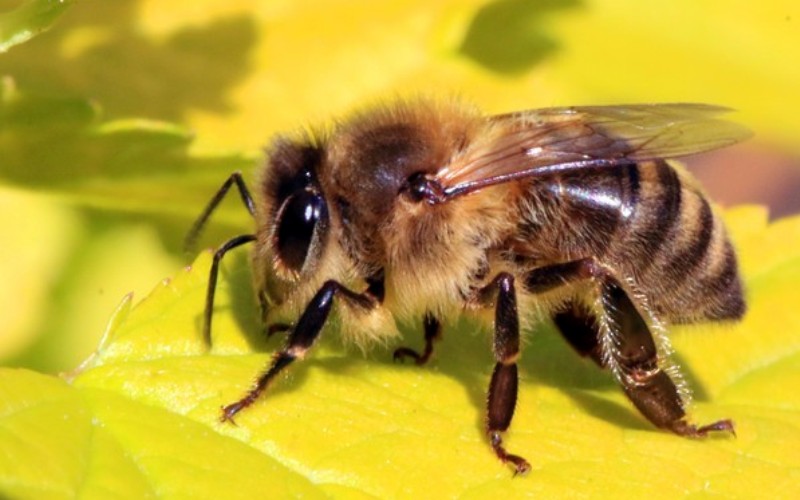Washington: Pesticides, diseases, poor nutrition and habitat loss are threatening honey bee colonies around the world. But according to a recent study, one threat stands well above the others, a parasitic mite, Varroa destructor, which specialises in attacking honey bees.
While it remains a well-known fact that varroa mites feed on blood, like many of their mite and tick cousins, the researchers have now suggests that varroa mites instead have a voracious appetite for a honey bee organ called the fat body, which serves many of the same vital functions carried out by the human liver, while also storing food and contributing to bees’ immune systems.
The research was published in the proceedings of the National Academy of Sciences.
“Bee researchers often refer to three Ps: parasites, pesticides and poor nutrition. Many studies have shown that varroa is the biggest issue. But when compromised by varroa, colonies are also more susceptible to the other two,” said Samuel Ramsey, lead researcher of the study.
Explaining it further Ramsey said, “Now that we know that the fat body is varroa’s target, this connection is now much more obvious. Losing fat body tissue impairs a bee’s ability to detoxify pesticides and robs them of vital food stores. The fat body is absolutely essential to honey bee survival.”
In addition to breaking down toxins and storing nutrients, honey bee fat bodies produce antioxidants and help to manage the immune system. The fatty organs also play an important role in the process of metamorphosis, regulating the timing and activity of key hormones. Fat bodies also produce the wax that covers parts of bees’ exoskeletons, keeping water in and diseases out.
According to the team of researchers, the results of the study have the potential to revolutionise the understanding of the damage done to bees by mites.
“Fat bodies serve so many crucial functions for bees. It makes so much more sense now to see how the harm to individual bees plays out in the ways that we already know varroa does damage to honey bee colonies. Importantly, it also opens up so many new opportunities for more effective treatments and targeted approaches to control mites,” Ramsey asserted.
[source_without_link]ANI[/source_without_link]

